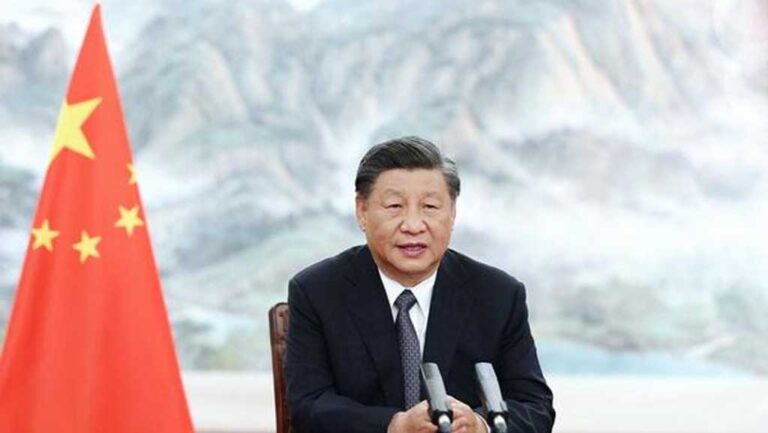The head of State pointed out that only this way a large organization like the CCP can remain vigilant and determined to face any challenge, especially as China is on the path to modernization in all aspects.
However, he considered that it is vital that this political force always have the courage to reform itself, apply rigorous self-governance and fight with determination against corruption.
Xi insisted on sticking to partisan solidarity and unity to ensure that “it never changes its nature, its conviction or its nature” as China becomes a modern socialist state.
On the other hand, Xi mentioned the obligation to fully, faithfully and resolutely implement the “One Country, Two Systems” principle, which grants a high degree of autonomy to Hong Kong and Macao and further integrates both territories into the country’s general development.
Xi vindicated the ‘One China principle’ and the 1992 Consensus to end the process of national reunification and promote peaceful relations with Taiwan, but at the same time, he rejected external interference and separatism on Taiwan.
The Chinese president made these statements when speaking on Monday at the closing of the annual session of the National People’s Congress (NPC).
Nearly 3,000 lawmakers met on March 5, renewed high-ranking state officials and reelected Xi Jinping as China’s president and chairman of the Central Military Commission on Friday.
They also chose Han Zheng as China’s vice president, Zhao Leji at the helm of the Assembly and all 14 vice presidents of the Standing Committee of the 14th Legislature. The parliamentary meeting took place parallel to the event of the consulting body to define the socioeconomic direction of the country in the short and medium terms.
jg/jf/ymr









